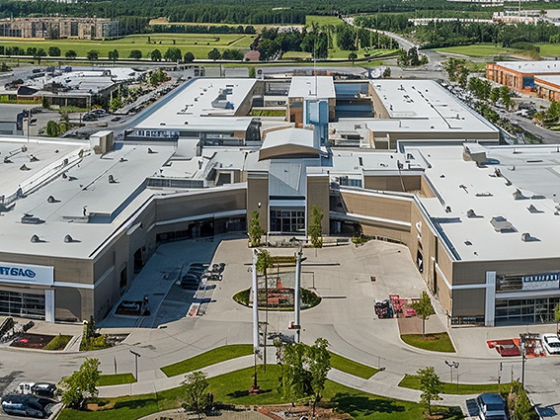share this article
Retail is undergoing a major reset. Brands that once grew quickly through franchising are now rethinking their approach. The industry is shifting toward corporate ownership, omnichannel execution, and sustainability as strategic imperatives. These are not trends. They are the new rules for brands that want to stay relevant, competitive, and profitable.
Corporate-Owned Stores: Why Brands Are Reclaiming the Front Line
Franchising helped many brands grow rapidly. It reduced capital requirements and outsourced day-to-day operations to local owners. But with that speed came compromise.
Franchisees often operate with different priorities. That means inconsistencies in customer experience, store execution, and even brand representation. In today’s landscape, where customers expect uniformity across every touchpoint, inconsistency is a liability.
This is why many brands are de-franchising. They are buying back stores and shifting to corporate ownership to regain control of brand standards, store layouts, staffing, and customer service.
Take Figs, for example. The brand began with a franchise model but shifted to owning its locations outright. This gave them the ability to implement sustainability standards across all stores and deliver a more consistent customer experience.
Of course, this control comes at a cost. Corporate-owned stores require more infrastructure, more capital, and more operational oversight. But the payoff is clear: better brand alignment, tighter execution, and stronger long-term returns.

Omnichannel Is No Longer a Buzzword. It’s the Baseline.
Today’s shoppers do not see channels. They just expect everything to work together.
That means buy online and pick up in store, curbside pickup, in-store returns for online orders, and the ability to see real-time inventory no matter where they shop.
Retailers like Lululemon and Best Buy have built their success on this kind of frictionless integration. Fashion Nova uses real-time inventory systems that sync online and offline availability to avoid customer disappointment and streamline operations.

Brands that succeed here understand one thing: omnichannel is not just about convenience. It is about loyalty. Customers return to brands that make it easy to switch between browsing online and buying in store or the other way around.
Personalization also plays a key role. When brands connect digital and in-store data, they can tailor offers, product recommendations, and even in-store interactions to individual preferences.
Sustainability: No Longer Optional
Environmental and social responsibility is becoming a dealbreaker for modern consumers, especially Millennials and Gen Z. Brands that do not have a clear sustainability strategy risk falling behind.
Today’s leading retailers are embedding sustainability into every layer of their business.
- Supply Chain Transparency: Brands like Everlane give customers a detailed look at the cost and sourcing of each product, building trust and setting a new standard for accountability.
- Carbon Reduction: Companies like Reformation use recycled materials and optimized logistics to minimize environmental impact, attracting customers who prioritize eco-conscious decisions.
- Circular Economy: Patagonia’s Worn Wear program lets customers trade in old gear for store credit. It is smart business that also reduces waste and keeps products in circulation.

Sustainability also plays out in physical store design. From energy-efficient lighting to reclaimed materials and solar-powered locations, eco-forward operations are becoming a visual and operational part of the brand story.
On the social front, brands are stepping up. Whether supporting labor rights, promoting diversity, or taking a public stand on key issues, today’s customers expect businesses to show up for more than just profit.
The New Playbook: Experience, Convenience, and Responsibility
Retail success now hinges on three pillars:
- Brand-Controlled Execution: Taking ownership of your physical presence allows for more consistent, premium experiences.
- Omnichannel Infrastructure: Integrating digital and physical operations is no longer a nice-to-have. It is a baseline requirement.
- Sustainable Growth: Whether it is reducing emissions or supporting social causes, responsibility drives relevance.
Retailers who commit to these strategies are setting themselves up for long-term success. They are building loyalty in a values-driven, experience-first market.




